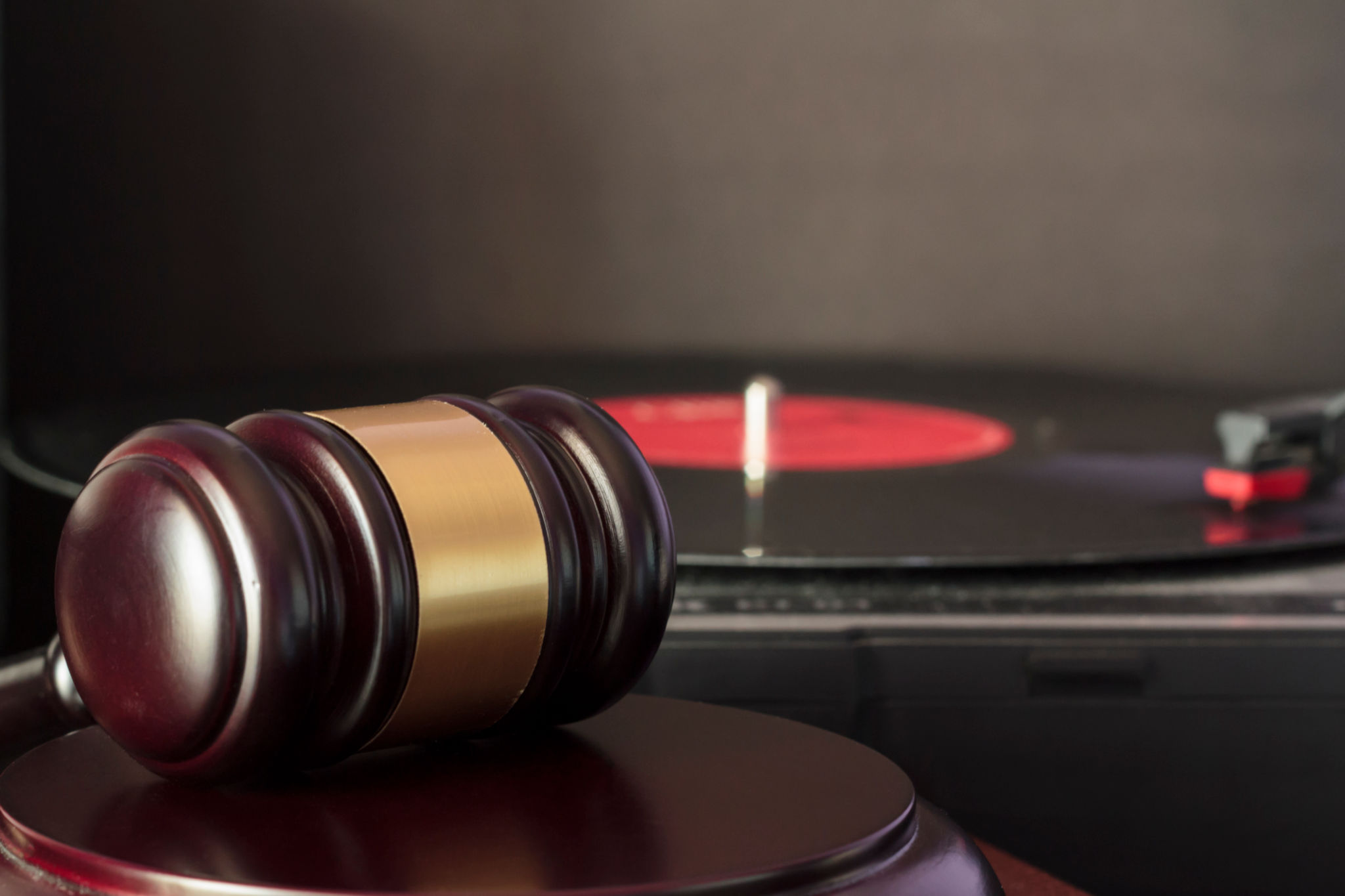Protecting Your Music Rights: Insights from Industry Experts
Understanding the Basics of Music Rights
For musicians and artists, protecting your music rights is crucial to ensuring that your creative work is recognized and that you are fairly compensated. Understanding the different types of rights associated with music is the first step in safeguarding your creations. Generally, these rights are divided into two main categories: copyrights and performance rights.
Copyrights protect the original composition and lyrics, granting the owner exclusive rights to reproduce, distribute, and perform their work publicly. Performance rights, on the other hand, relate to the performance of a song and are managed by organizations like ASCAP and BMI. Knowing the distinction between these rights is essential for any musician seeking to navigate the complex world of music law.

Key Strategies for Protecting Your Music
Industry experts suggest several strategies to protect your music rights effectively. Firstly, it's critical to register your work with the appropriate copyright office. Although your music is automatically protected by copyright upon creation, formal registration provides additional legal benefits and is essential for enforcing your rights in court.
Another important strategy is to keep detailed records of your work. This includes maintaining a timeline of when each piece was created and any modifications made along the way. Documentation can serve as evidence in potential disputes, making it easier to assert your ownership claims.

The Role of Music Licensing
Licensing is a crucial aspect of protecting and monetizing your music rights. By granting licenses, you allow others to use your work while retaining control over how it's used. This can include synchronization licenses for film and TV or mechanical licenses for cover versions.
Working with a reputable licensing agency can help negotiate favorable deals and ensure that your rights are upheld. It's also wise to understand the terms of each license agreement thoroughly, as this will dictate how your music is used and how you will be compensated.

Leveraging Technology in Music Rights Protection
In today's digital age, technology plays a pivotal role in protecting music rights. Tools like digital rights management (DRM) systems help prevent unauthorized copying and distribution of music. Additionally, platforms such as content ID systems on streaming services automatically identify and manage copyrighted material.
These technological solutions can significantly reduce the occurrence of piracy and ensure that artists receive their due royalties. Staying informed about the latest technological advancements can empower musicians to take proactive steps in safeguarding their creations.
Consulting with Legal Professionals
Despite best efforts, navigating music rights can be challenging without expert guidance. Engaging with legal professionals who specialize in intellectual property law can provide invaluable insights and assistance. They can help draft contracts, mediate disputes, and represent artists in legal proceedings if necessary.
Having a knowledgeable attorney by your side ensures that you are well-equipped to tackle any legal challenges that may arise, allowing you to focus on what you do best: creating music.

Building a Robust Support Network
A strong support network is instrumental in protecting your music rights. This includes not only legal experts but also industry professionals such as managers, agents, and publicists who understand the intricacies of the music business.
These individuals can offer strategic advice, connect you with opportunities, and advocate on your behalf, ensuring that your rights are always a top priority. Cultivating these relationships can greatly enhance your ability to protect and promote your work effectively.
Continuous Learning and Adaptation
The music industry is constantly evolving, with new challenges and opportunities emerging regularly. To stay ahead, it's important for artists to continuously educate themselves about changes in copyright law, technology, and industry practices.
By remaining informed and adaptable, musicians can better navigate the landscape of music rights protection and make informed decisions that align with their long-term goals.

